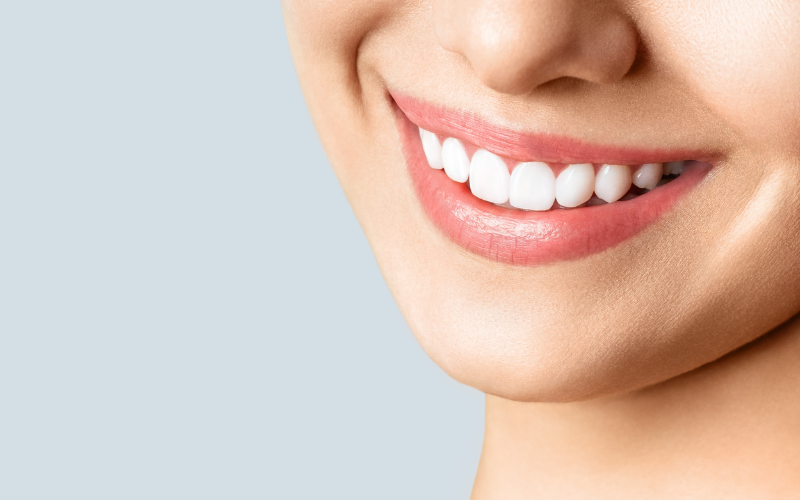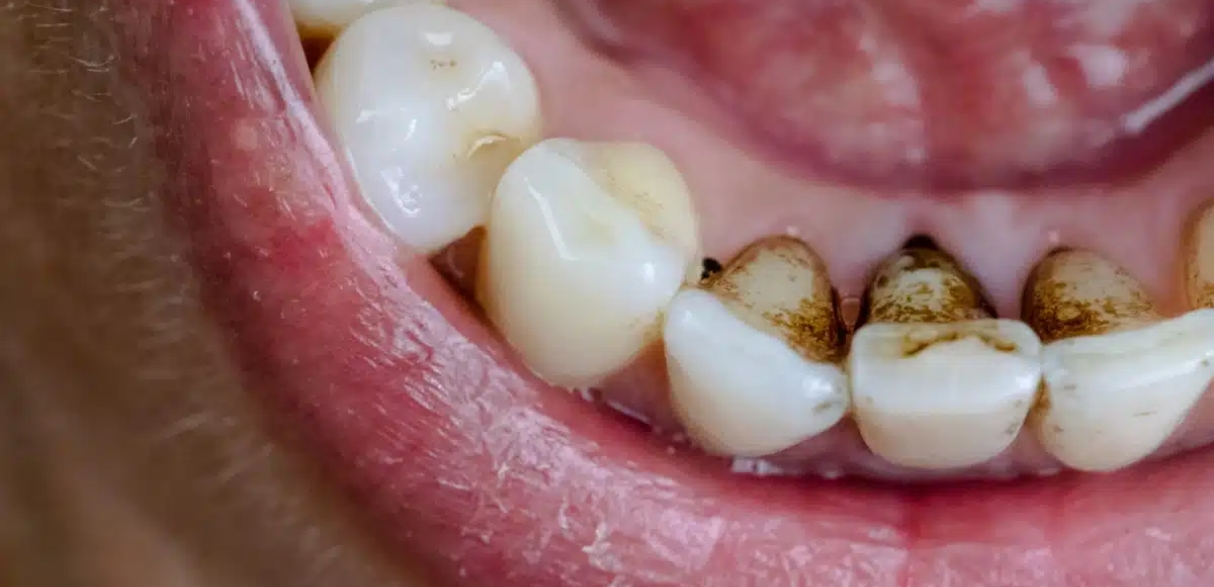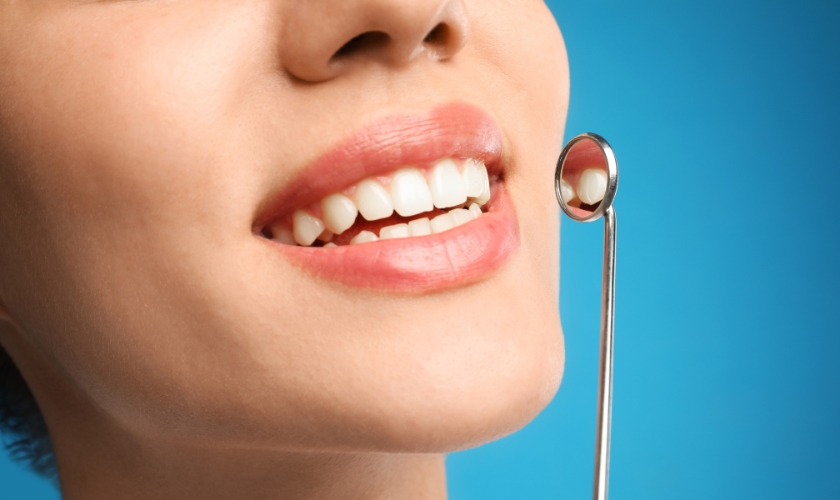
By Inspired Smiles Dental
Understanding how Alcohol affects your newly whitened teeth is key to preserving that bright, radiant smile. Teeth whitening is a popular cosmetic procedure for achieving a dazzling smile, but keeping those results requires careful post-whitening care. A frequent question is whether drinking Alcohol is advisable after whitening. This guide will delve into how alcohol impacts whitened teeth, offer tips for maintaining your results and provide a thorough overview of what to expect following your whitening treatment.
Why Alcohol Might Be a Post-Whitening Party Crasher
Teeth whitening treatments use bleaching agents, like hydrogen peroxide or carbamide peroxide, to eliminate stains and discoloration from the enamel. This process temporarily opens the pores in the enamel, making your teeth more prone to staining immediately afterward. Although this heightened sensitivity usually lasts 24 to 48 hours, it’s important to avoid certain foods and beverages, including alcohol, during this time. Alcohol can aggravate this vulnerability in several ways:
- Dehydration: Alcohol acts as a diuretic, increasing urination and leading to dehydration, including in your mouth. Dehydration reduces saliva production, which helps clear away food particles and staining agents. As a result, your teeth might appear dull, and you are at a higher risk for staining from other beverages.
- Staining Properties: Many alcoholic beverages, such as red wine, coffee liqueurs, and dark beers, contain pigments that can easily stain your newly whitened teeth. The porous enamel can absorb these pigments, potentially undoing the whitening effects.
- Acidity: Some alcoholic drinks, particularly certain wines, are acidic. Although less impactful than dehydration or staining, acidity can slightly weaken enamel, increasing susceptibility to future staining.
Alcohol Types and Their Impact
- Red Wine: Red wine poses a significant risk after whitening due to its high acidity and deep color, which can rapidly stain teeth.
- White Wine: While not as dark as red wine, white wine is still acidic and can increase the likelihood of staining from other foods and beverages.
- Beer: Dark beers are more likely to cause staining compared to lighter beers, though all beers have a slight acidity that can contribute to staining.
- Spirits: Clear spirits like vodka and gin are less likely to stain teeth than colored liquors. However, when mixed with sugary or dark-colored mixers, these spirits can still contribute to staining.
Timeline for Safe Alcohol Consumption
The optimal waiting period before consuming alcohol after teeth whitening can vary based on the type of treatment and individual factors. Here’s a general guideline:
- 24-48 Hours: This period is critical. Right after whitening, your enamel is at its most porous. Avoid alcohol entirely during this time to allow your teeth to rehydrate and stabilize.
- 48-72 Hours: As your teeth start to recover after the first 48 hours, you may cautiously introduce clear alcoholic beverages such as vodka or gin in moderation. It’s advisable to still limit your intake and rinse your mouth with water after drinking.
- Beyond 72 Hours: Generally, after 72 hours, your teeth should be rehydrated and less prone to staining. You can gradually return to your regular alcohol consumption habits but remember to drink in moderation and rinse your mouth with water after consuming any potentially staining beverages.
Tips for Maintaining Whitened Teeth
- Avoid Alcohol for 48 Hours: To safeguard your newly whitened teeth, refrain from consuming alcoholic beverages for at least 48 hours post-treatment. This allows your enamel to rehydrate and the pores to close, which helps minimize the risk of staining.
- Drink Plenty of Water: Water aids in rinsing away acids and staining agents. Drinking water during or immediately after consuming alcohol can help reduce potential damage.
- Use a Straw: If you decide to drink alcohol, using a straw can help limit contact between the alcohol and your teeth, thereby reducing the chance of staining.
- Practice Good Oral Hygiene: Brush and floss regularly to eliminate any leftover alcohol and food particles. Incorporating a whitening toothpaste into your routine can help maintain your teeth’s brightness.
- Avoid Dark and Acidic Foods: Besides alcohol, steer clear of other dark-colored and acidic foods and drinks, such as coffee, tea, berries, and tomato sauce, during the first 48 hours.
- Regular Dental Check-Ups: Schedule regular visits with your dentist for professional cleanings and check-ups to keep your teeth healthy and white.
Dentists discourage drinking alcohol right after teeth whitening because it increases sensitivity and staining risk. Alcoholic drinks contain acids and colorants that penetrate porous enamel, causing discoloration and reducing whitening effectiveness. To maintain a bright and white smile, it’s best to avoid alcohol for at least 48 hours following the treatment. While it is generally safe to consume alcohol after this period, opting for clear beverages, staying hydrated, and maintaining good oral hygiene are essential to protect your newly whitened teeth.
For personalized guidance and to ensure the best outcomes from your whitening treatment, consult your dentist. They can offer tailored recommendations based on your specific needs and help you maintain your dazzling smile. By following these precautions, you can enjoy the benefits of your teeth whitening while keeping your smile bright and healthy. If you have questions about post-whitening care or alcohol’s impact, ask your dentist for expert advice and support.



